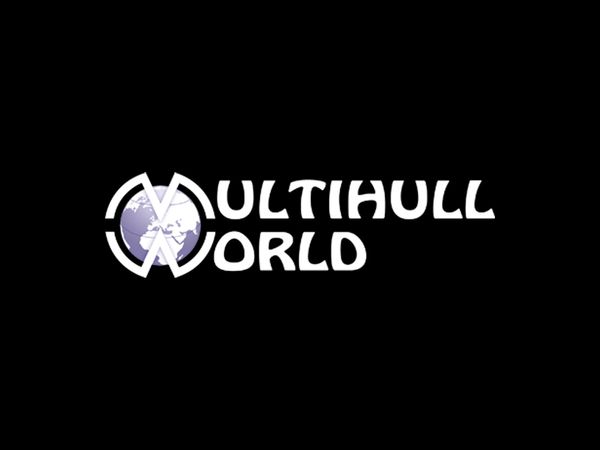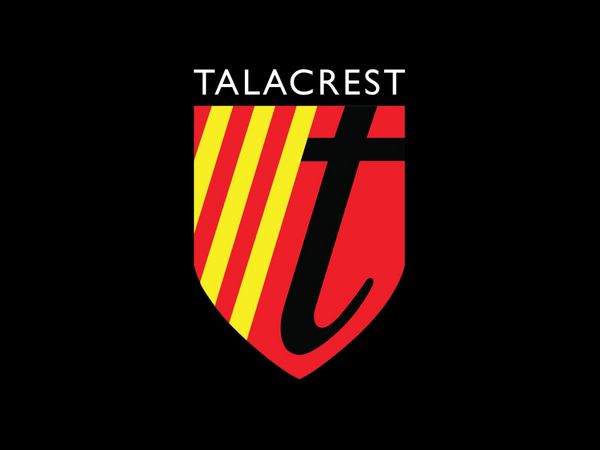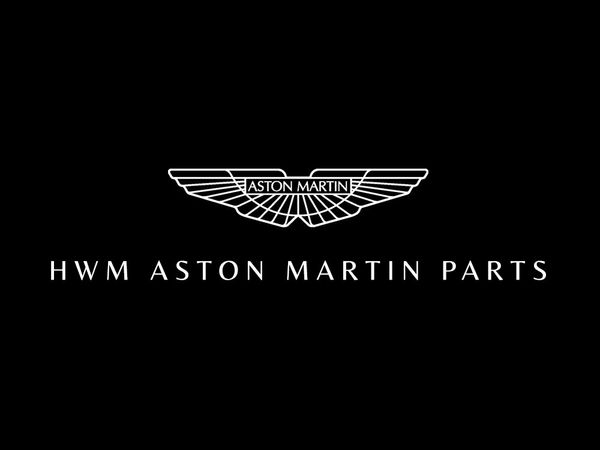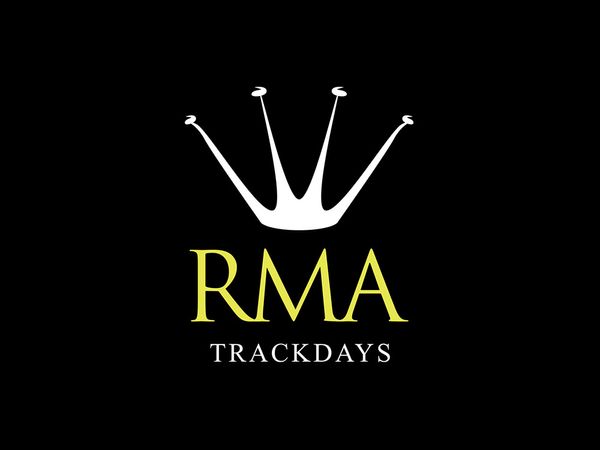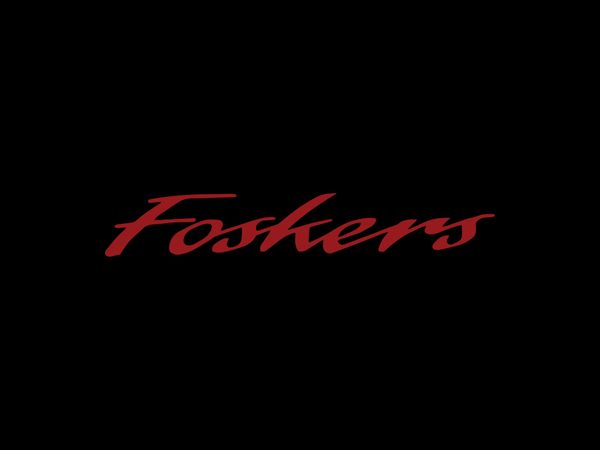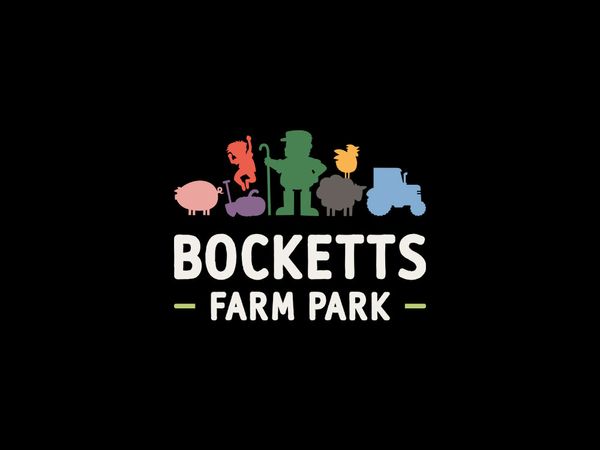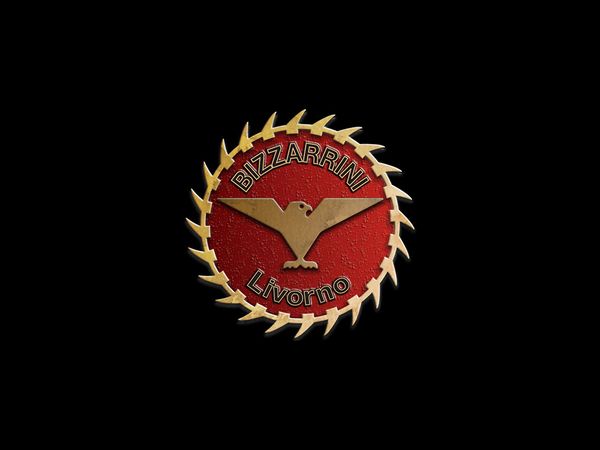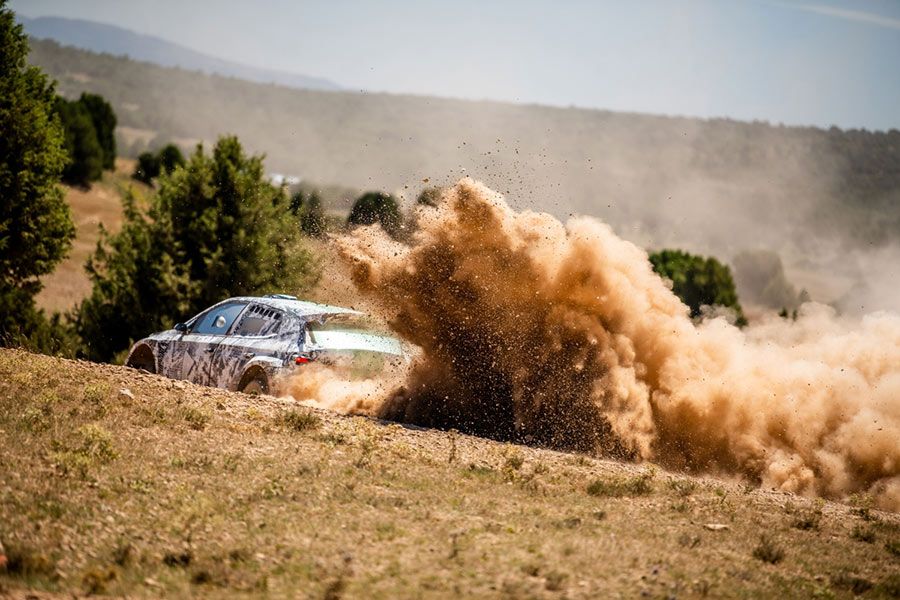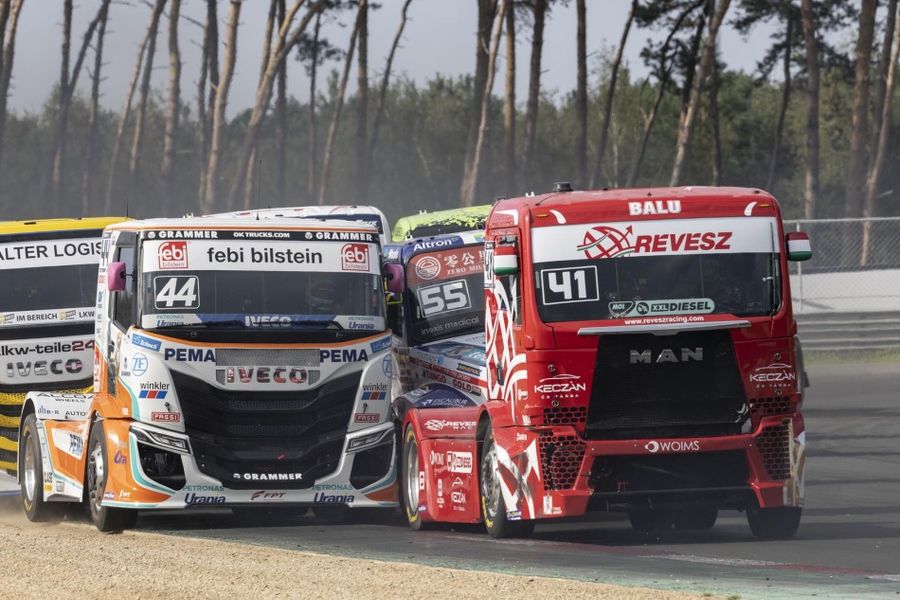Leg 11: Copiapó - FiambaláLiaison, 680 km. Stage cancelled.
Weather conditions: very hot and sunny in Fiambalá, 37 degrees Centigrade
NO COMPETITION FOR ROMA AND SENRA INTO FIAMBALÁ AS DAKAR RALLY CROSSES ANDES INTO ARGENTINA
· Service crews head to La Rioja; Marathon stage cancelled· MMSP staff visit local hospital as part of Dakar Solidario Foundation
FIAMBALÁ (Argentina): Dakar Rally officials took the decision to cancel the 11th special stage of the event between Copiapó and Fiambalá on Tuesday evening. Persistent fog had been forecast in the area around the bivouac and, with teams needing to cross the Andes mountain range after the special stage on Wednesday to reach Fiambalá in Argentina, this seemed the most sensible option for the ASO.
It meant that Team Repsol Mitsubishi Ralliart’s Joan ‘Nani’ Roma and Lucas Cruz Senra (both Spain) left the bivouac on the usual road liaison but, instead of tackling a tricky stage in Chile, they headed directly for the frontier and followed the tracks that media and race officials had taken on a tiring bus transfer during the night.
The route began on a hard gravel track, as the remaining cars, bikes and trucks wound their way through the foothills and between the towering peaks of the Chilean Andes. The border crossing was carved through a mountain pass, where media and officials had experienced icy temperatures and stunning, clear skies the previous evening.
Cars climbed through Trés Cruces and the track began to deteriorate as the sinuous route edged to a peak of 4,748 meters above sea level in the stunning San Francisco Pass, which marked the frontier with Argentina. From there, Roma and Senra could benefit from a sealed asphalt surface through a huge flood plain and down into the valley of the Fiambalá River and the overnight halt without assistance.
This had originally been scheduled as a Marathon stage on the 2009 Dakar Rally. Only the race truck crews, team director Dominique Serieys and Thierry Viardot were permitted to access the Fiambalá bivouac. The remainder of the team and all the other service crews in the rally had two days to reach the next bivouac at La Rioja, which ran for 790km from Copiapó and used its own slightly lower passing through the spine of the Andes.
On Wednesday morning, team director Dominique Serieys (France), president Osamu Nakayama (Japan) and logistics manager David Serieys (France) had joined Team Repsol’s former enduro rider and team manager Jordi Arcarons (Spain) in a visit to the San Jose del Carmen regional hospital in Copiapó.
Along with the esteemed Dr. Xavier Mir (Spain), the head of the Dakar Solidario Foundation, the group were able to visit the local medical institution and a sterilisation machine was given to the hospital by the foundation. The visit was part of a continuation of a project introduced by Repsol, the Spanish fuel company, in association with Mitsubishi Motors Corporation (MMC), when the Dakar crossed the African continent en route to Dakar in Sénégal. Mitsubishi have been involved with the program since 2006.
Dr Xavier Mir is an esteemed surgeon in the world of Moto GP racing and is well known for his charity work. He is also the head of the Dakar Solidario Foundation and the chief of a microsurgery unit in his native Spain.
Tomorrow (Thursday) marks the second section of the original Marathon stage and crews will need to ensure that they repaired their cars at Fiambalá in readiness for the 253km special stage that will reunite them with their service trucks at La Rioja in the Gran Chaco region of north-west Argentina at the foot of the Velasco mountains.
The stage starts a mere four kilometres from the overnight halt, but there will be a 261km liaison section to La Rioja before work can begin in earnest on the cars.
The stage heads back towards the Andes for a pair of passage controls near Palo Blanco, before turning in an easterly direction and finishing at El Puesto. The final liaison passes Salado, Almogasta and Villa Mazan en route to La Rioja to the north of the Sierra de Velasco mountains at a height of 540 metres above sea level.
The town is better known for its cattle farming and agriculture and was the birthplace of former Argentine President Isabel Martinez de Perón.



